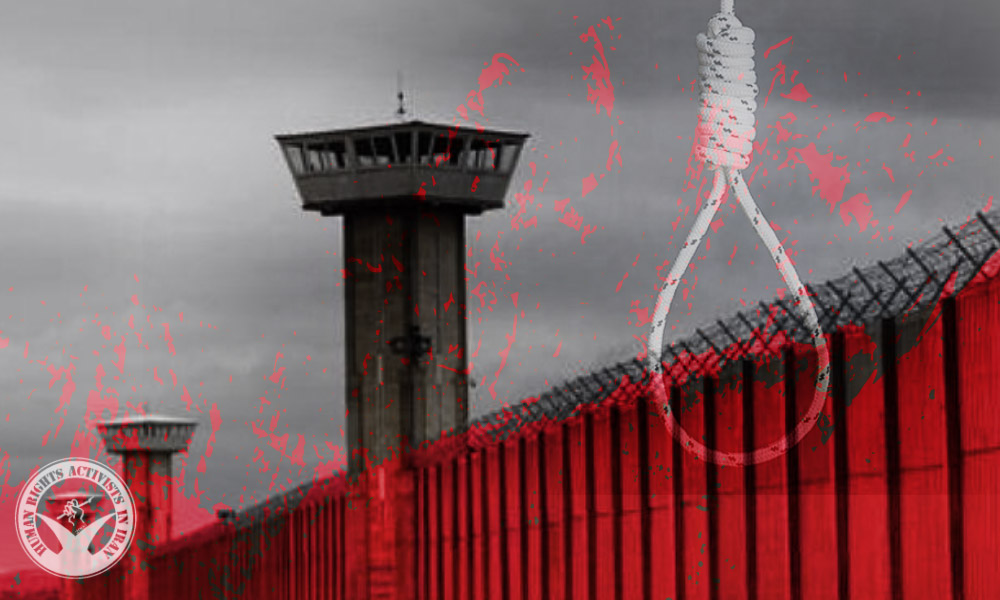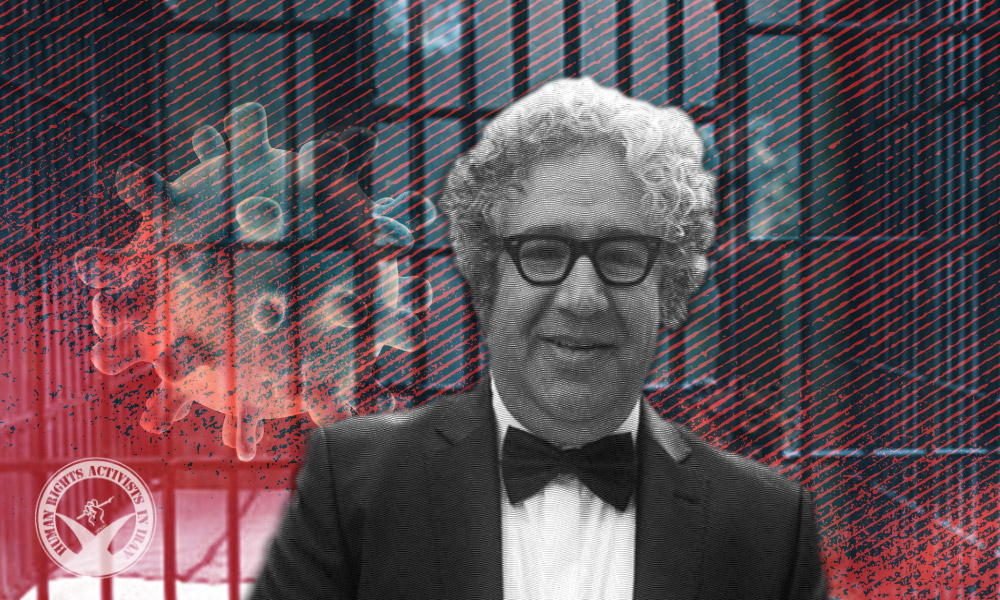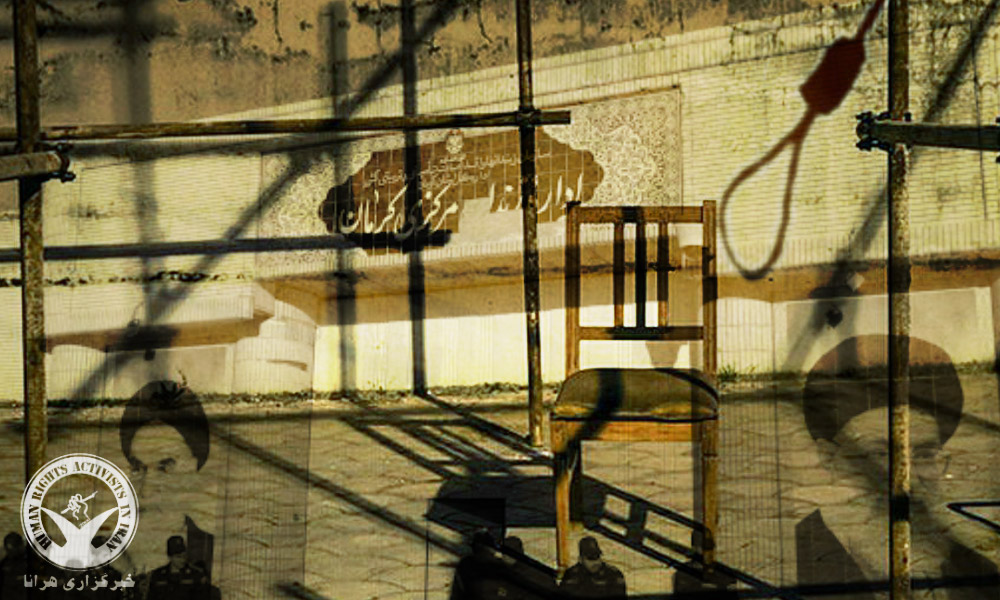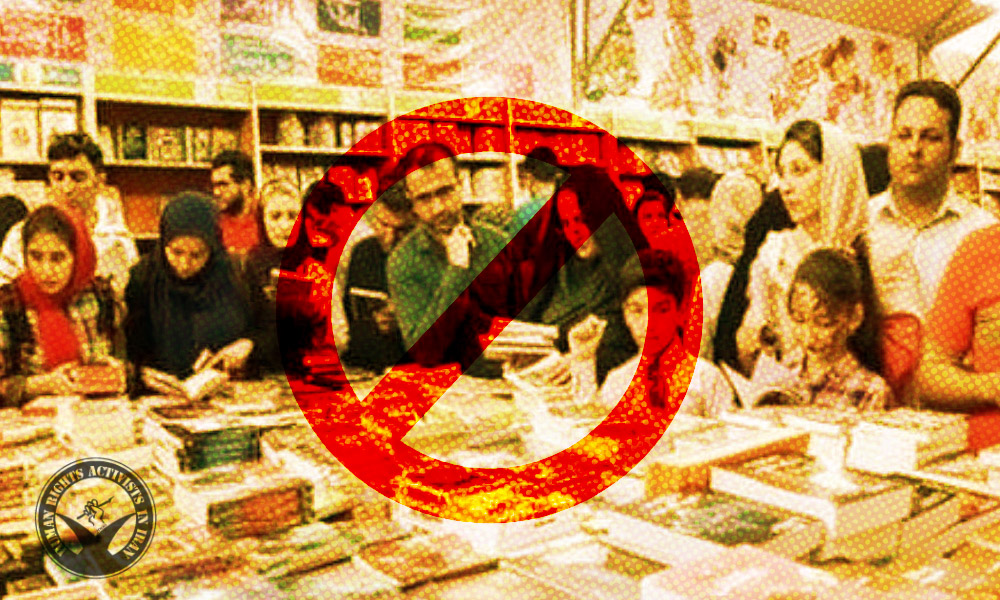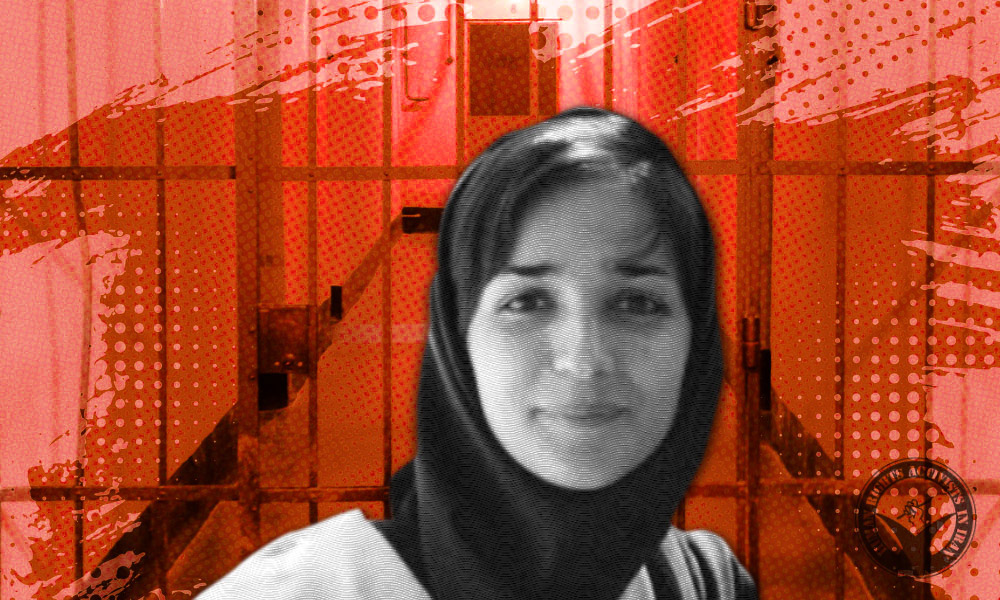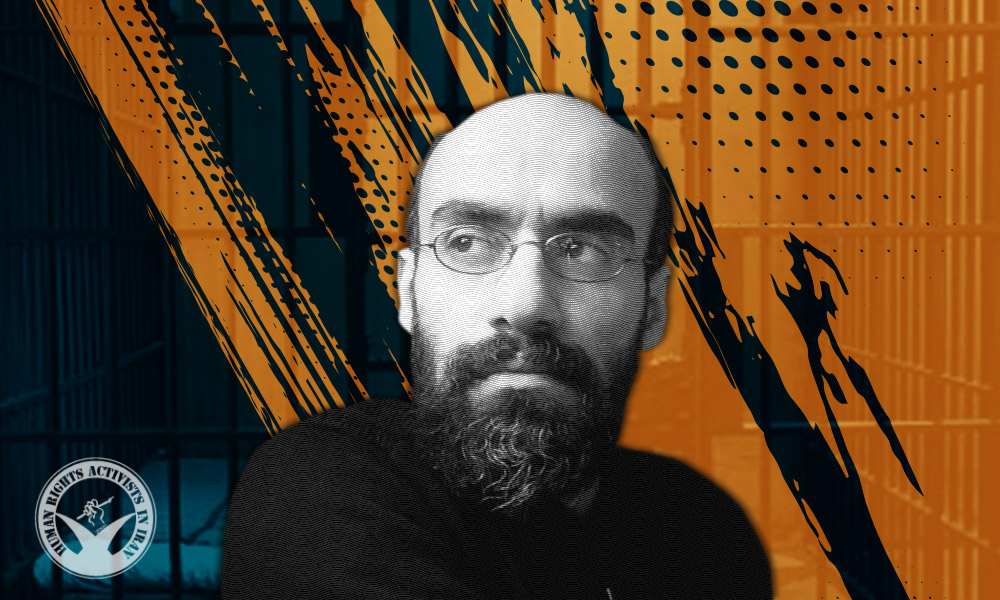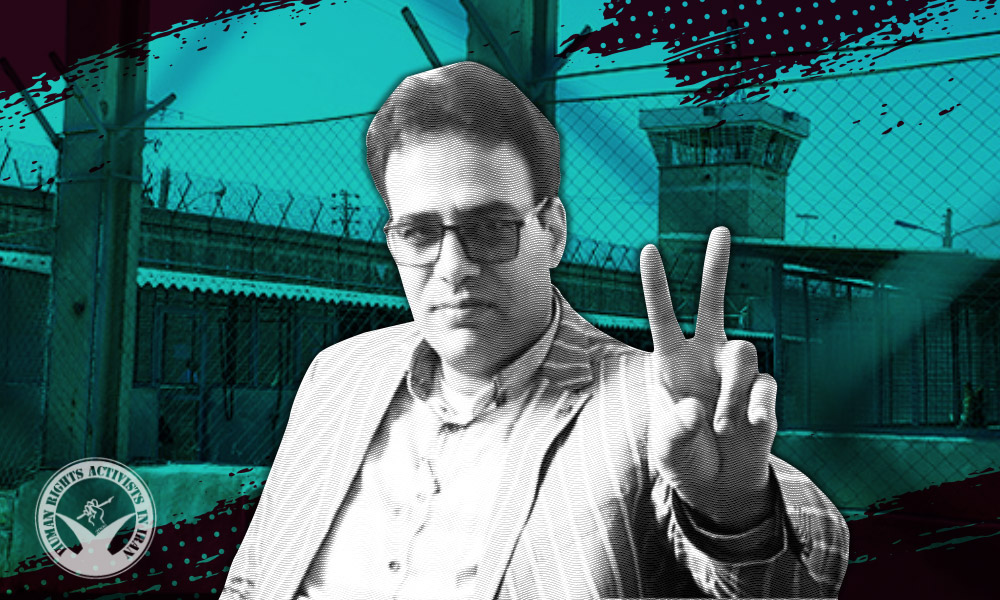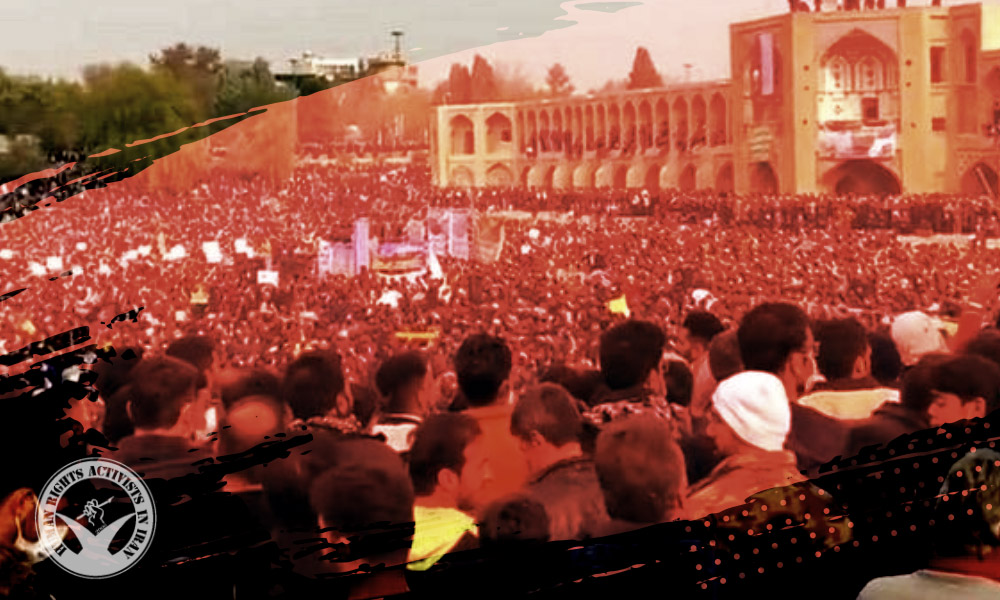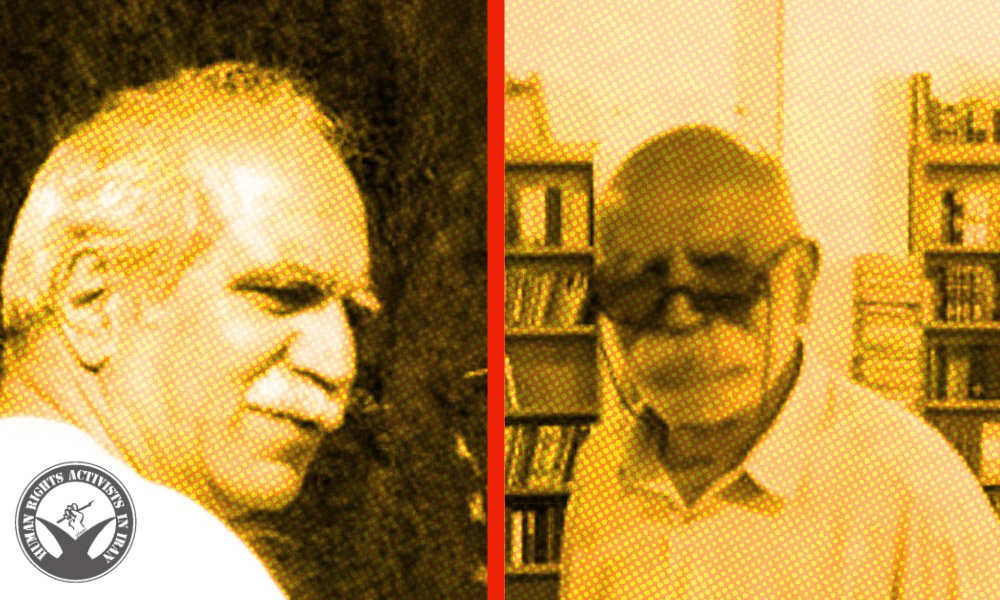On December 6, two inmates were executed in Neyshabur and Isfahan prisons.
According to HRANA, the news agency of Human Rights Activists, quoting Iran Human Rights Organization, 34 year old Ahmad Tavakoli was executed in Isfahan Prison. He had been convicted of drug-related crimes and imprisoned for four years.
On the same day, 24 year old Ali-Akbar Mohammadi was executed in Neyshabur Prison. He had been convicted of murder during a street fight.
In order to spare Mohammadi’s life by compensating the family of the victim, people in Shahroud City collected 4 billion tomans (951,820 USD), but this fell short of the 5 billion tomans (1,189,775 USD) requested by the family. Despite delivering the money to court, the execution was carried out after a month. The money has not yet been returned.
As an inmate on death row, Mohammdi has spent five years in prison and has been sent to the foot of the gallows four times.
The most recent report of the Statistics and Publication Center of the Human Rights Activists in Iran (HRA) states that between October 8 of 2020 and October 9 of 2021, at least 266 citizens, three of whom were juvenile offenders, were executed and 90 citizens were sentenced to death.
As the report points out, Iran’s judicial authorities do not publicly announce over 82% of executions. These unreported executions are known as “secret executions” by human rights organizations.



